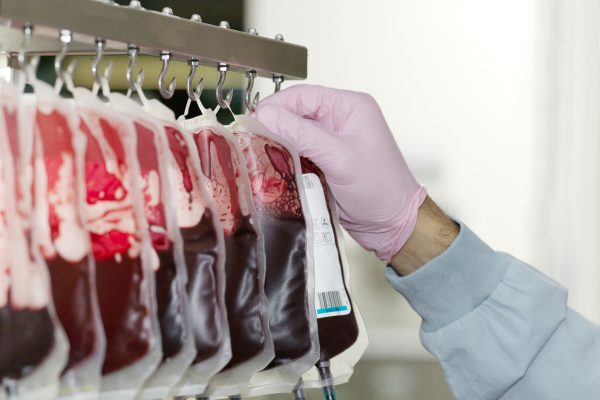
An analysis of outpatient data from over 5 million adults revealed that severe anaemia was commonly associated with lower estimated glomerular filtration rate (eGFR) levels and adverse outcomes in patients with advanced kidney disease. These findings were recently published in the American Journal of Kidney Diseases.
Anaemia is commonly seen in patients with advanced kidney disease and is associated with adverse clinical outcomes. The researchers have investigated the risk associated with anaemia in patients with kidney disease by estimating the eGFR and haemoglobin levels.
The cross-sectional and prospective study included outpatient data of 5,004,957 individuals (mean age, 54 years and 42% male) across 57 healthcare centres in the US. The levels of iron, the severity of anaemia and eGFR were analysed in the available cohort.
The researchers found that lower levels of eGFR were strongly associated with the severity of anaemia and multiple adverse outcomes. Additionally, lower iron levels were commonly observed in the few tested patients with kidney disease. Furthermore, lower haemoglobin was also independently associated with end-stage kidney disease.
These findings clearly demonstrate the association of severe anaemia with lower eGFR and poor clinical outcomes. Therefore, frequent testing of iron levels in patients with advanced kidney disease is needed and these risks could be reduced by using iron supplements.
Reference